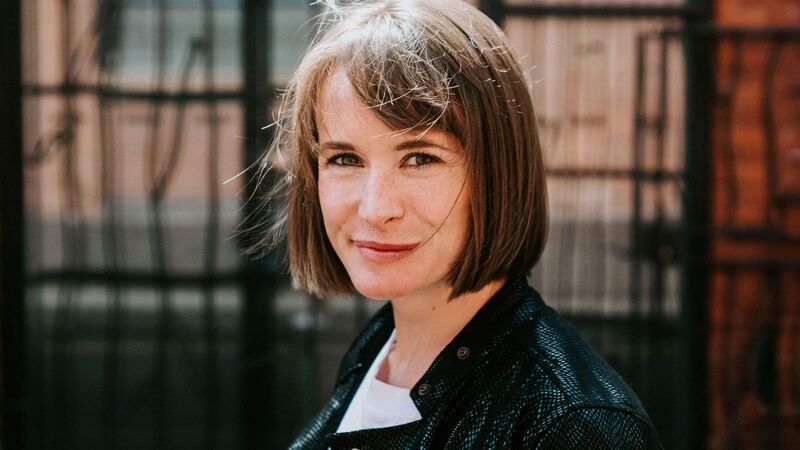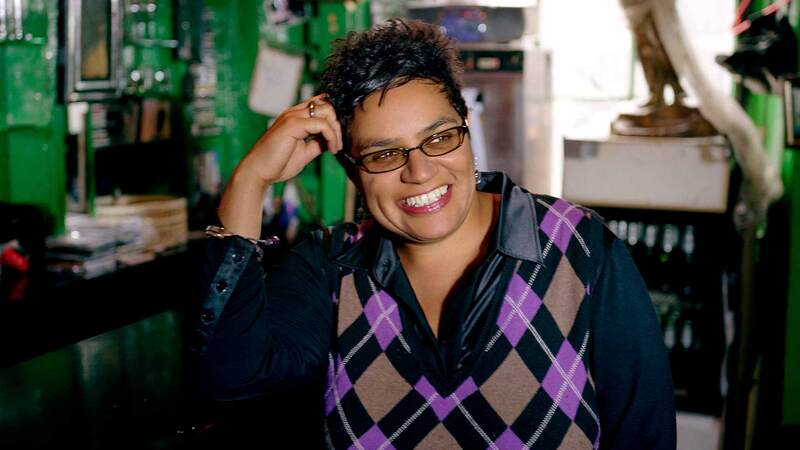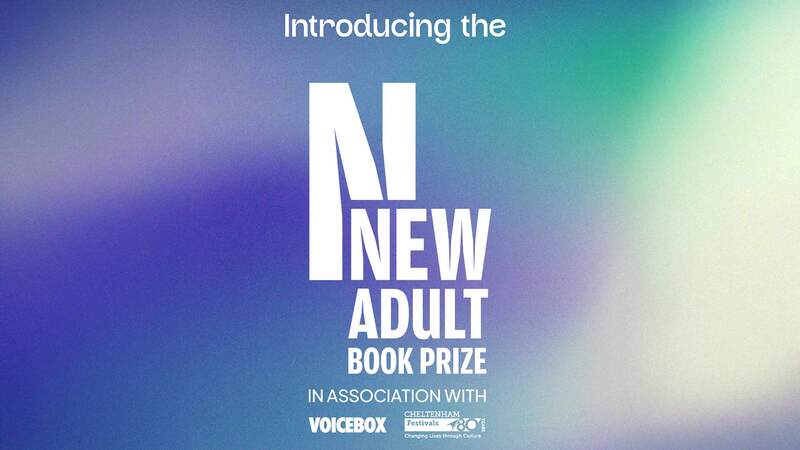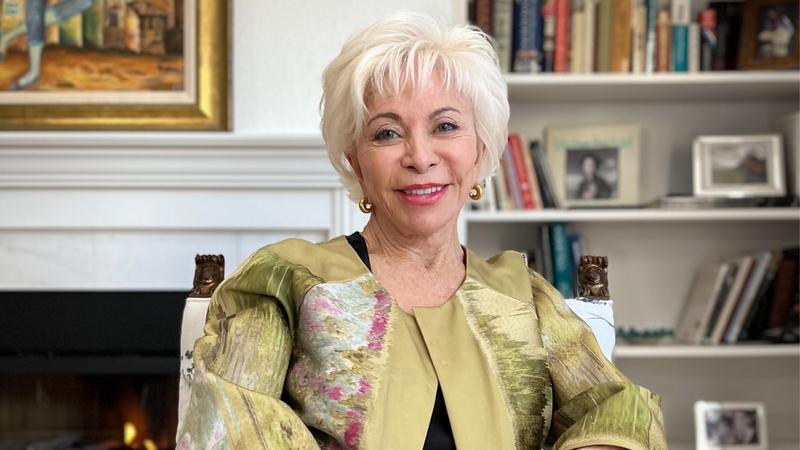You are viewing your 1 free article this month. Login to read more articles.
Blackwell's trials new 'enhanced' bookshop concepts
Blackwell’s has launched two new “enhanced” concept stores on the eve of the Back to University season in a bid to combat the “pressured” academic bookshop model, with, among other initiatives, a competitive price-match offer.
The fresh, aggressive initiatives follow statistics that suggest that more students buy print textbooks online than in bookshops.
In one of the “most exciting projects” for Blackwell’s in recent times, new concept shops have opened on the university campuses of Liverpool and Cardiff respectively, fusing the company’s physical and digital offer and striving to put socialising at the heart of students’ in-store experience.
Fighting against the perception that cheaper textbooks can be sourced online, the 137-year-old chain retailer is launching a nationwide Student Price Match Guarantee, vowing to equal the price of textbooks at Amazon, Waterstones and W H Smith. The chain has also worked with academic publishers to offer a digital version of most print textbooks on its e-textbook platform Blackwell Learning, for £5 if students buy a print copy, and it is also offering students the option to buy and sell second-hand textbooks at every UK branch.
The Liverpool and Cardiff shops contain digital “zones” showcasing Blackwell Learning on large screens, where students can browse digital textbooks and be taught how to use the platform by booksellers. Staff have received new customer-service training to drive home the message that Blackwell’s is “never out of stock, because its website’s eight million titles can be delivered to students’ halls of residence”.
If successful after a trial period, the new concepts will be rolled out to other stores in the 33-strong estate (rising to 50, including pop-up stores, at peak season).
Scott Hamilton, Blackwell’s head of sales for bookshops and online, who has pioneered the intiative, told The Bookseller: “We are talking less about different channels and more about all the different ways the customer can shop with us. One day they can shop in store, another online, another on Blackwell Learning—it doesn’t matter. They are all our customers. The new store concepts are also about enhancing the student experience. At the moment, students think we are a bookshop that just sells textbooks. This new model will really reflect the different ways they can shop with us.”
When asked about the philosophy behind the shops, Hamilton, who is also chairman of the Booksellers Association’s Academic Booksellers’ Group, said: “There is an acceptance that the academic bookshop model is under pressure and that we needed a new, flexible model. It is an enhanced bookshop model, and it brings to the fore the digital offering that we have. We have worked closely with the host universities, Liverpool and Cardiff, on the student experience, which is important to both them and to us.”
To create a more social experience, the company has partnered with Caffè Nero on the campus of Liverpool University, with its 4,000 sq ft bookshop “seamlessly” integrating the coffee chain and its books offer. To this end, the store, managed by Sarah Yates, has tiered, flexible tables that can display books during peak periods and be converted into seating during quieter periods, where students can sit and drink coffee in the shop, or even study.
Blackwell’s new retail space on the University of Liverpool campus
Both the Liverpool branch and the 2,000 sq ft Cardiff University shop, managed by Paula Martin, will have four coloured zones, with Academic represented by “Blackwell’s blue”, Digital under green, Promotional offers flagged by light blue and Non- Book sections marked in yellow.
Along with retrained staff and digital display screens showcasing Blackwell Learning, the premises’ new design is also more spacious than previous branches. “The big thing I wanted to change was the look and feel of the shops,” said Hamilton. “They are more modern, the ceilings are more open. It feels a lot more spacious and a lot more clinical.”
The revitalised look and competitive price-match offer follow the news that prominent independent academic bookshop The University Bookseller, based in Plymouth and owned by Ron Johns, closed in December after 42 years. Johns cited low publisher discounts and students increasingly turning to the web to source information as reasons for the closure. The University of Leicester’s academic bookshop is slated for closure, after a consultation by the institution urged the university to offer an experience that “better reflects students’ needs and the way in which they now access books and learning materials”.
Statistics from Nielsen’s Students’ Information Sources in the Digital World 2015–16 report revealed that of the students who purchased new print titles during the 2015/16 academic year, 41% had bought a study book from a physical bookseller, 25% had bought a title from a campus bookshop, and 18% did so from a high-street retailer. Yet 72% of students said they had purchased a course text online, with 70% of respondents doing so from Amazon, compared to 6% from a bookshop’s website, and 2% from a publisher’s.
A Nielsen spokesperson said the results demonstrated the extent to which Amazon dominates the student book-buying market, but added that while the e-tailer had gained customers, its share of volume sales had actually declined, while campus bookshops’ had grown.
The Nielsen report also showed that usage of print textbooks has fallen: 57% of students used them to study in 2013, with 49% doing so in 2015. Online resources use grew, from 64% in 2013 to 71% last year, yet e-book usage was reported by 21% of students last year, down from 23% in 2013.
David Prescott, Blackwell’s c.e.o., said that while most students still read print textbooks, it was important for the company to invest in the future, which is why it launched Blackwell Learning in September 2014 and why the platform is being showcased in its stores. “Blackwell Learning is a long-term investment,” he said. “The majority of students read in print at this time, but in our shops we will be reflecting both print and ‘e’, positioning ourselves for long- term learning and making sure we stay relevant to our customer base as teaching, learning and Higher Education changes.”
He added: “It is important that we keep control of our own destiny. That was the intention behind building our own platform. At the moment a lot of our contracts are with Higher Education institutions, as opposed to the end user, and one of the reasons behind the new store concepts is getting customers more used to using digital.”
Hamilton added that he was confident the new concept store trial would be a success. “I believe the new model will work,” he said, adding: “It is one of the most exciting projects Blackwell’s has done in a long time.”



















